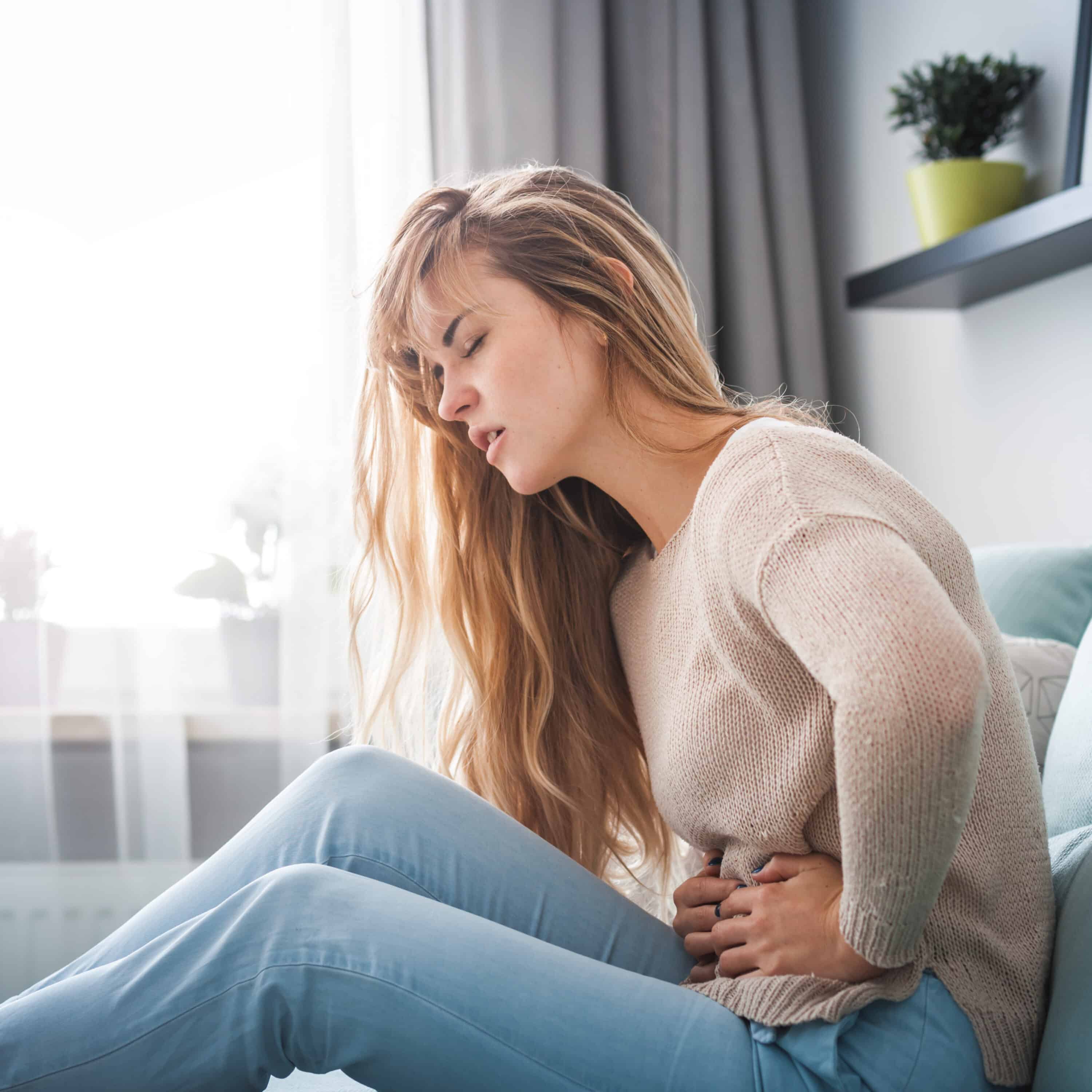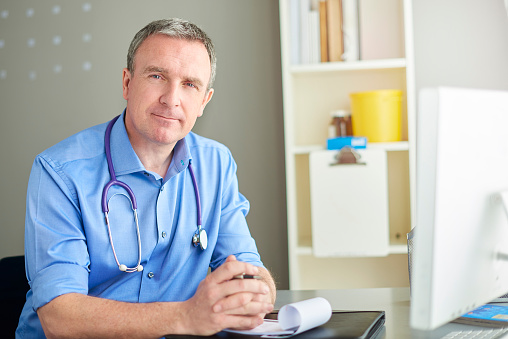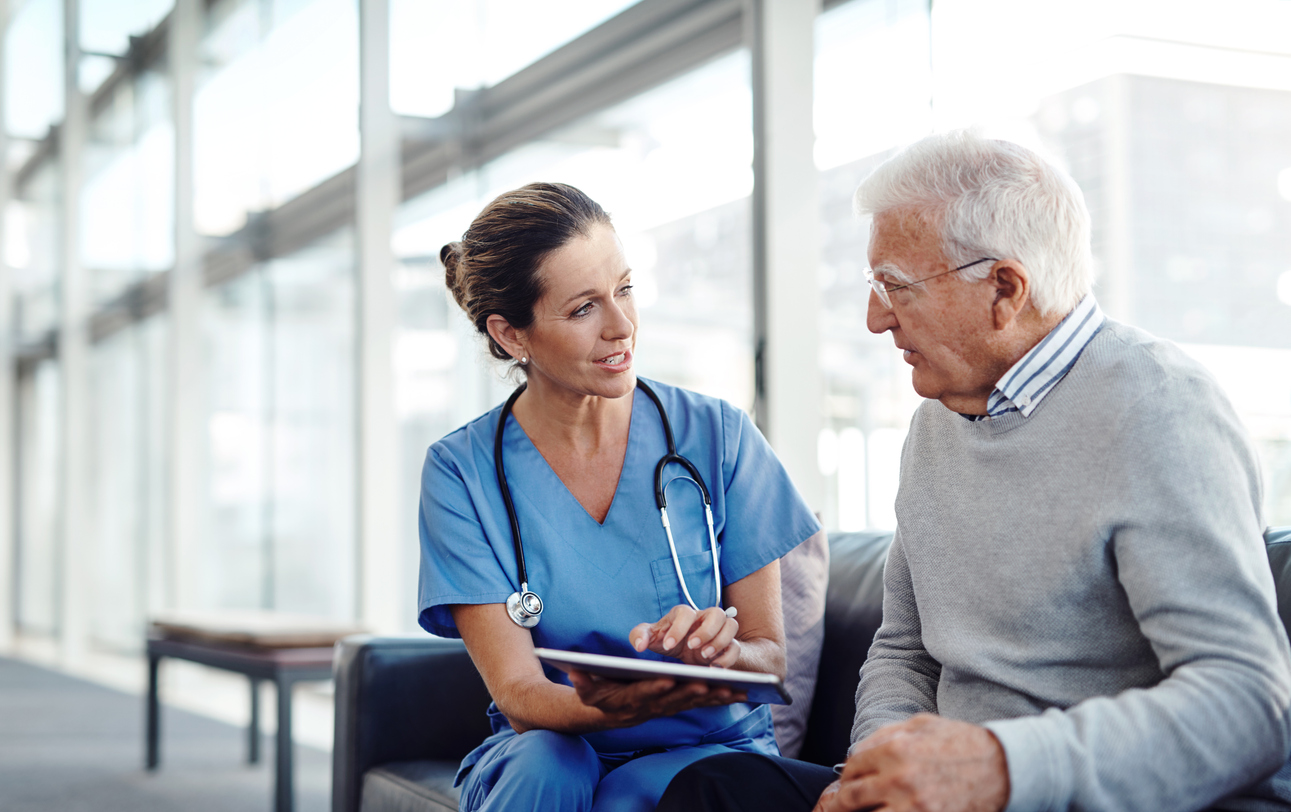Sussex Premier Health, Hastings: Important update for patients with upcoming appointments
Sussex Premier Health, Hastings: Important update for patients with upcoming appointments
A gastroscopy (or endoscopy) can tell your doctor a lot about the possible causes of any problems you have in the gullet stomach or small intestine. It examines the gullet stomach and duodenum with a thin telescope.
A gastroscopy is a useful and painless way for doctors to check how diagnosed gastrointestinal conditions are progressing.
It can be used to treat conditions such as enlarged veins or bleeding ulcers.

You might be referred for a gastroscopy if you have any of a range of symptoms many of which will be uncomfortable and affect your enjoyment of life.
Symptoms can include:
Some of these can indicate conditions such as stomach ulcers hiatus hernia coeliac disease or in some cases cancer of the stomach or oesophagus.
At Sussex Premier Health, you will have a formal consultation with a consultant who specialises in this area. During this time you will be able to explain your medical history, symptoms and raise any concerns that you might have.
Your consultant may examine your abdomen and back passage. You will be offered a Chaperone at at this time.
We will also discuss with you whether any further diagnostic tests, such as scans or blood tests, are needed. Any additional costs will be discussed before further tests are carried out.

It’s likely that both a doctor and nurse will be involved in the procedure. They understand that people can get anxious as it approaches. They’ll answer any questions you have and be there for you to provide reassurance.
You’ll remain conscious during the 10 to 30 minute procedure although you’ll probably have had a mild sedative so you may feel very relaxed. Your clinician might also use a spray to numb your throat.
You’ll be able to breathe comfortably as the tube will not be fed through your windpipe.
The doctor will then thread the tube (or endoscope) with a tiny camera on the end into your gullet and stomach. This will allow them to see pictures of what is happening in those areas.
You might feel a bit bloated at times as the clinician will pump gas into your stomach. The tube might also take a tissue sample (a biopsy) for study in one of our labs. The clinician will then withdraw the endoscope.

After this you will be taken to your private room with en-suite where you can rest and recuperate until we feel you’re ready to go home.
If you’ve had a sedative you’ll need a friend or relative to take you home.
You’ll feel drowsy for a few hours and possibly into the next day. You might have sore throat or feel bloated around the stomach.
You might not be able to eat your normal diet for a few days depending on the type of gastroscopy you’ve had – our nursing team will advise you before you leave.
Your consultant may be able to provide some results for you on the day.
We may need to make a follow-up appointment with you to discuss the results, if so, we will arrange this for you.
We take an integrated approach so we can organise any other care that you may need should your test results show something abnormal.
Your consultant who you saw at your initial consultation.
Our consultants have high standards to meet often holding specialist NHS posts and delivering expertise in complex sub-specialty surgeries.
Many of our consultants have international reputations for their research in their specialised field.
Your consultant will explain the preparation at your consultation.
You will have a pre-assessment with our dedicated gastroenterology nurse, who will discuss any medications you are taking and also discuss starving instructions and bowel prep.
On rare occasions complications following treatment can occur.
Please contact us straightaway if you experience any of these symptoms:
Your consultant will talk to you about the possible risks and complications of having this procedure and how they apply to you.
If you have any questions or concerns, please talk to us, we’re here to help.
Speak to a member of our team